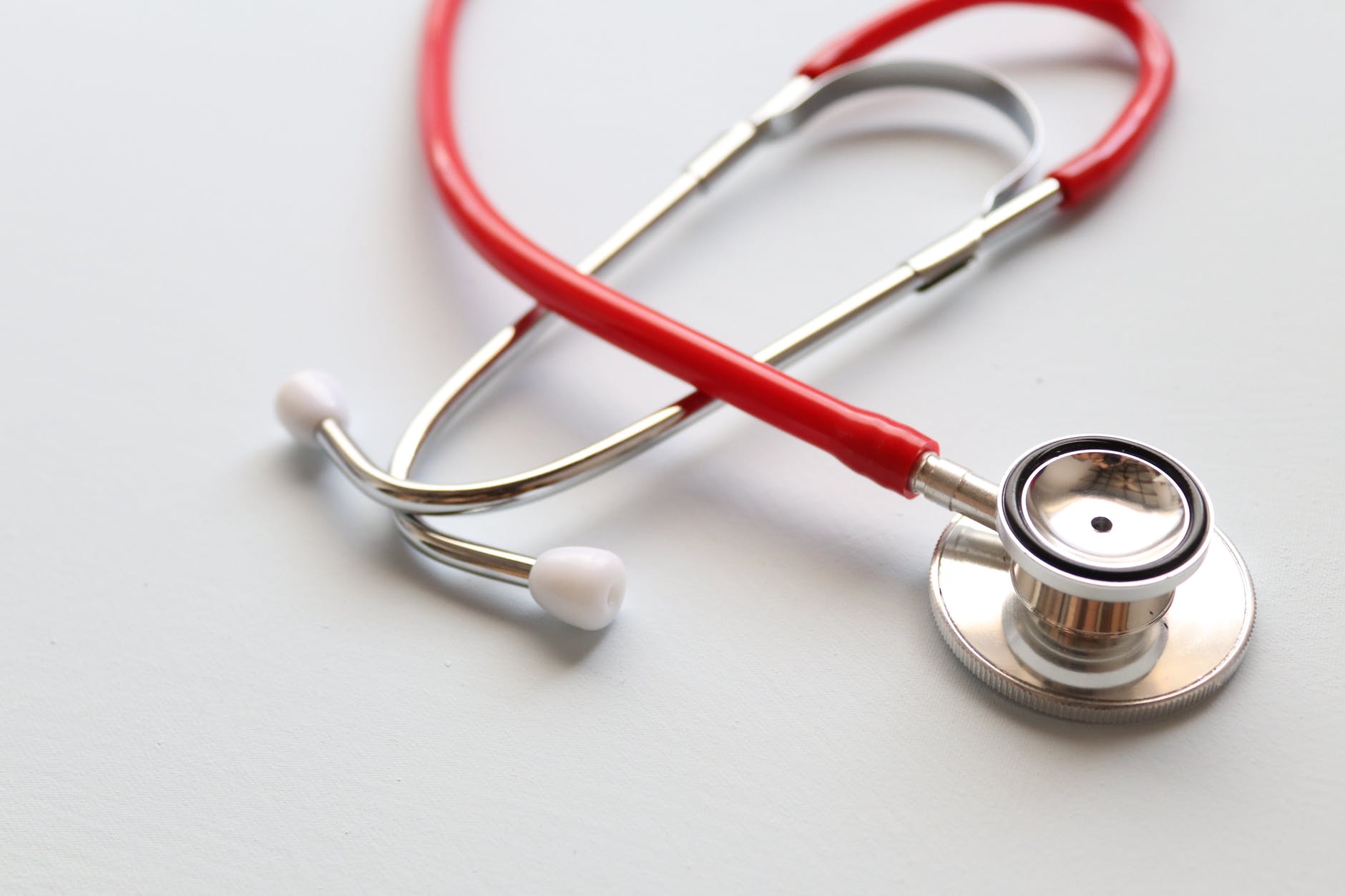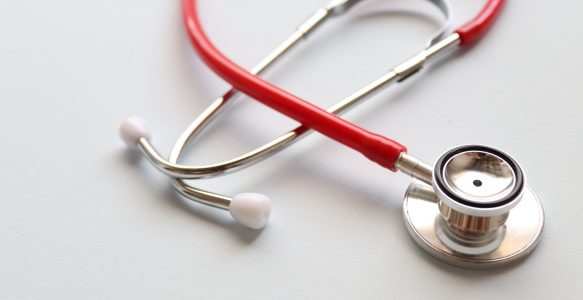MEDICAL EMERGENCIES
In the event of a medical emergency, calling 911 will generally be the first priority, unless an immediate action can be safely taken to improve a person’s chance of survival.
When calling 911, be prepared to verify your location. A landline automatically provides the 911 operator with the address you’re calling from. Depending on the type of emergency, you may be provided with instructions for assisting the patient prior to the arrival of personnel.
After completing any pre-arrival instructions, help the Fire Department find you by turning on a porch light or having someone meet personnel outside to direct them to the patient’s location.
Learn More About Common Medical Emergencies
Heart Attack
Coronary artery disease remains the number one cause of death in America. Visit the American Heart Association to learn more about heart attacks, including prevention, symptoms, and recovery.
Stroke
It is essential to receive treatment for a stroke as early as possible to greatly improve the chance of recovery. Learn more about the early warning signs of a stroke.
According to the American Stroke Association, 80% of strokes are preventable. Learn more about preventing strokes (PDF).
Dehydration
Proper hydration is essential to health. Dehydration indicates an excessive loss of water at the cellular level, and can be quite dangerous. If left untreated, prolonged dehydration can result in kidney failure. Learn more from the Mayo Clinic on the subject of dehydration, including risk factors, prevention, symptoms, and causes.


